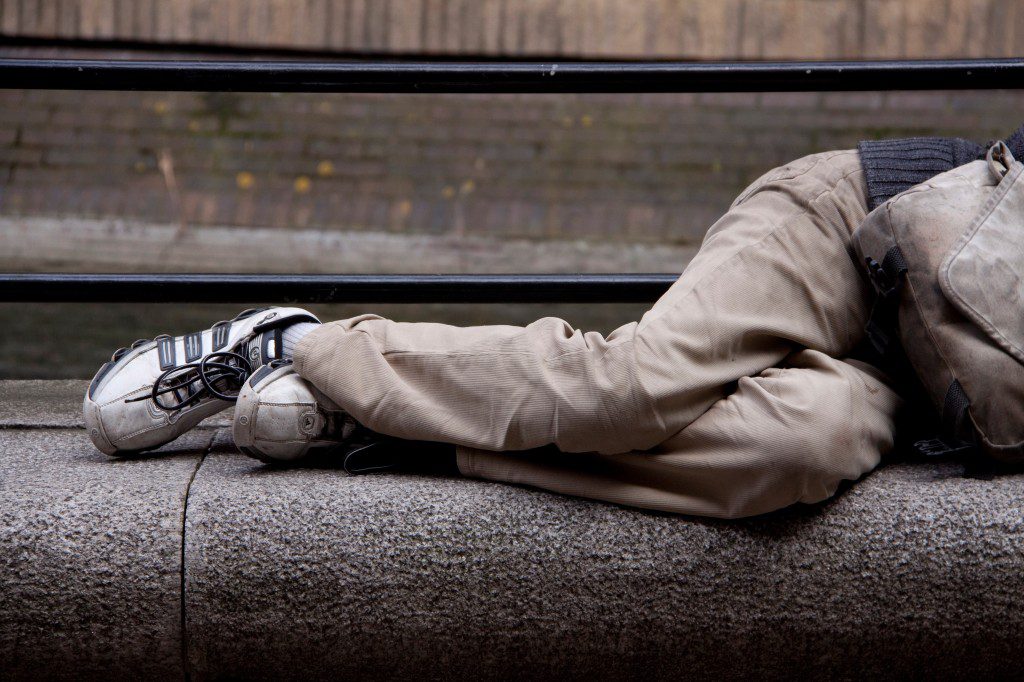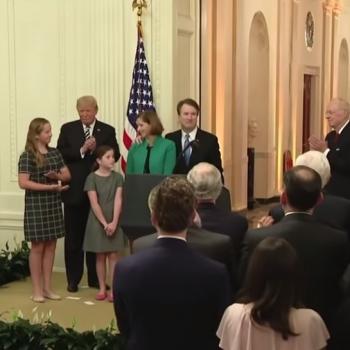Every few years around election cycle the same discussions repeat themselves over and over again. While there are a few issues here and there that crop up because of new gaps in culture, the bulk of the issues debated are quite predictable.
One of those issues is “big government.” One side of the political spectrum will typically advocate for social programs, while the other side will object and call that “big government.”
On one hand, the idea of small government sounds great. I think the average person would like to experience as much freedom from external restrictions as possible. And of course, no one enjoys being taxed. Thus, in theory small government sounds great.
However, over the course of time I have come to see that when politicians say “small government” they’re often using that as a code-word for cutting spending for the poor. It also seems true that they don’t want to take away the tax breaks which benefit the rich donors and corporations who got them elected.
Thus, when folks talk about small government and reducing government spending, it seems highly likely that they really just mean “the government needs to spend less money on the poor.” Many of those pushing this philosophy are professed Christians who believe the Church is the responsible party for dealing with poverty.
For example, David Barton (who helped pen the Republican party platform in 2012) said:
“It’s not the government’s responsibility to take care of the poor and needy. It’s the Church’s responsibility.”
While I think there’s a sound biblical argument for the government assisting with providing for the poor, they are right in that caring for the poor is one of the core tasks of the Church. In fact, in Matthew 25 Jesus makes one of the boldest statements in his ministry when he said that Christians who don’t feed the poor or clothe the naked will be shut out of his Kingdom at the last judgement.
The idea that the Church should be outspending the government on caring for the poor is actually a fantastic idea– I think we should be first in line to set the example for everyone else. Conservative politicians however, seem to be taking this concept to an extreme of “Church not state, instead of Church and state.”
However, I have no love or trust in secular government, so if their idea worked in practice instead of theory, I’d be all on board. But, there’s one major snag to this idea:
Statistically speaking, the Church in America doesn’t do its job. In fact, it is my contention that most Christians in America don’t actually believe we have a moral responsibility to care for the poor.
Why? I’m convinced that what we believe is revealed by our actions, not our words. It is in what we do, not what we say, where truth is revealed.
And if this is the case, caring for the poor via generous, charitable giving, simply isn’t a widely held belief among American Christians.
Case in point: Presidential candidate Ted Cruz is among the professed Christian candidates who want less government spending and to transfer a greater portion of caring for the poor to private charity. However, recently released documents show that between 2006-2010, Cruz gave less than 1% of his income to charity— even though he made over $5 million dollars during that time.
While Cruz’s hypocrisy is an extreme example, we know that the average American Christian doesn’t believe it’s the Church’s job to care for the poor either (if judging by actions instead of words). In fact, recent research by the Barna group found that 95% of Christians in America do not tithe.
And even among the 5% who do tithe, how much of that goes to the poor? After salaries, building funds, and a host of other line items found in a typical church budget, there’s not much left to do things like feed the poor or pay for their healthcare.
So here’s our problem Christians of America Land: Many of us say that the government shouldn’t be caring for the poor. Instead of that “socialism” stuff, we’ll say the Church should be caring for the poor.
But almost none of us actually believe it, because almost none of us are actually doing it.
And this is the tragic reality: cutting government programs for the poor doesn’t mean they will be taken care of by Christian charity– it simply means they will go without.
Until we as Christians in America learn to honor God with our finances, until we embrace a belief in giving radically, and until we actually believe it’s our job to care for the poor, we have no moral high ground to complain when the secular government tries to do what we should have done in the first place.













